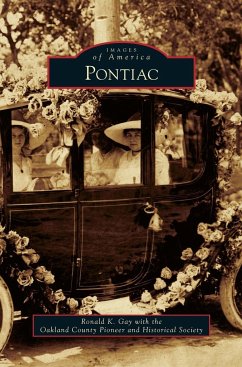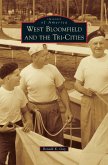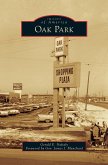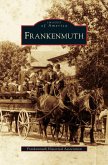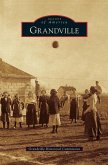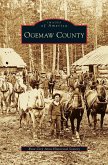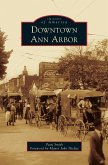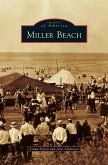Detroit's first mayor, Solomon Sibley, and his wife, Sarah (Sproat) Sibley, were responsible for organizing a group that set out in 1818 for a plot of land 30 miles north, at the confluence of the Huron River of St. Clair (now the Clinton) and several Native American trails. The future town would be named for Pontiac, the warrior chief of the Ottawa Nation, best known for his "Indian uprising" of 1763 against the British at Fort Detroit and Fort Michilimackinac. Many of Pontiac's founding fathers were veterans of the War of 1812. They named their new streets for heroic figures of those struggles: Lawrence, Perry, and Clinton. Two years after settlement, Pontiac became the county seat for Oakland. It would also become a mill town, railroad hub, wagon and buggy manufacturing center, the site of a state asylum, and a mecca for automotive industries. Pontiac was the nation's leading manufacturer of trucks and buses, before and during the heyday of General Motors Truck and Coach division. The construction of the Pontiac Airport in 1928 only enhanced the city's role in southeast Michigan. It has long been a cultural melting pot. Today Pontiac is known as the northern Woodward Avenue terminus for the annual "Dream Cruise."
Hinweis: Dieser Artikel kann nur an eine deutsche Lieferadresse ausgeliefert werden.
Hinweis: Dieser Artikel kann nur an eine deutsche Lieferadresse ausgeliefert werden.

